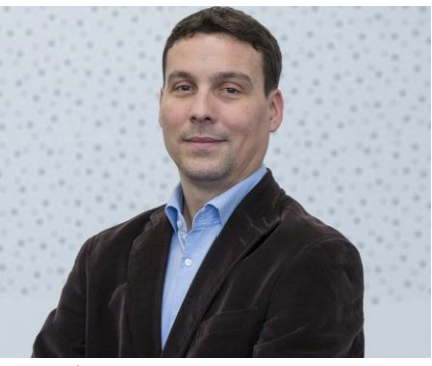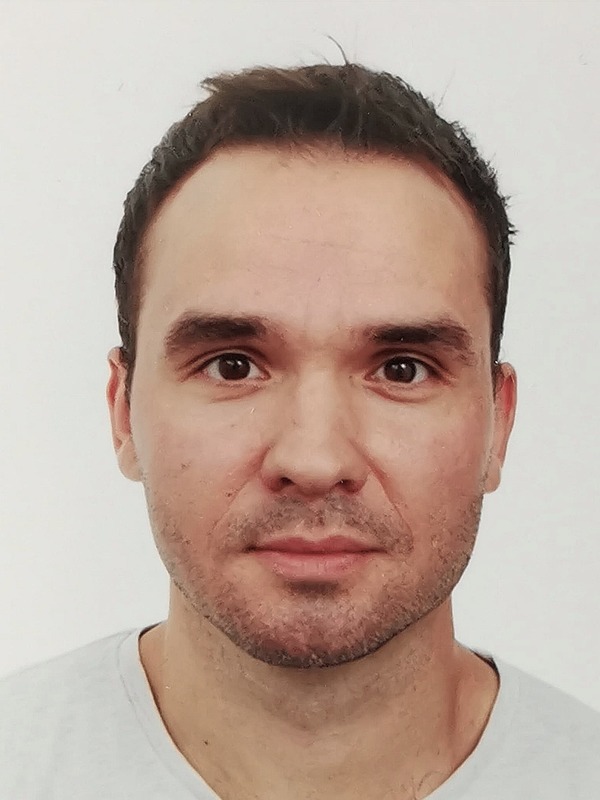Odjel za tehniku u medicini i biologiji
Odjel za tehniku u medicini i biologiji Hrvatske sekcije IEEE, Hrvatsko društvo za biomedicinsko inženjerstvo i medicinsku fiziku (HDBIMF) i Znanstveni centar izvrsnosti za znanost o podatcima i napredne kooperativne sustave pozivaju Vas na predavanje
"Computational Sport Science: Human Motion Modelling and Analysis"
koje će održati dr. sc. Boris Bačić, School of Engineering, Computer and Mathematical Sciences at Auckland University of Technology, New Zealand, u petak 7. lipnja 2019. u 11:00, u Sivoj vijećnici Fakulteta elektrotehnike i računarstva Sveučilišta u Zagrebu.
Predavanje je na engleskom jeziku, a predviđeno trajanje s raspravom je 60 minuta. Predavanje je otvoreno za sve zainteresirane, a posebno pozivamo studente.
Više informacija o predavanju i predavaču pročitajte u opširnijem sadržaju obavijesti.
Abstract
Pushing the boundaries of computational intelligence also means embracing sport science to advance and augment the ways in which we experience movement activity, rehabilitation exercises as well as how sport is coached, played, promoted, broadcasted, and commercialised.
Although many sport cameras, mobile apps and wearable computing devices typically exchange data and process user activity on their cloud infrastructures, it is still possible for academics and small-to-large companies to engage in research based on motion data processing. As an addition to the nascent area of sport analytics, computational sport science is focused on data-driven machine-learning approaches and human motion modelling and analysis (HMMA). Computational sport science has the potential to provide diagnostic capability and insights from data, find patterns in specific contexts, generate knowledge, validate experts’ common-sense rules, offload support decisions, and automate cognitive activities. The research and development that is to be presented, regarding next-generation augmented coaching systems and technology (ACST), is targeted at improving quality of life associated with our ability to move and related contexts such as performance, safety, response times, general motor skills, and sport-specific technique.
This lecture will also provide insights and the opportunity for attendees to engage in research that is aimed at creating strategic differences in elite sports and developing sports gadgets, exergames, and rehabilitation technologies.
Presenter's biography
Dr. Boris Bačić is a senior lecturer at the School of Engineering, Computer and Mathematical Sciences at Auckland University of Technology, New Zealand.
Boris has a multidisciplinary research interest in the development of AI systems that can capture the cognitive activity of experts’ brains to assist coaching and rehabilitation. Among his research projects over the past 15 years, he has introduced computer models that can capture personalised diagnostic capabilities similar to a coach and provide feedback from various data sources including those that may operate beyond human cognitive abilities.
Aimed at improving athletes’ performance and safety, reducing rehabilitation times, and promoting wellbeing in diverse environments, Boris’ present and future work is intended to advance sport performance technology
His collaborations include projects with Sports Performance Research Institute New Zealand (SPRINZ) and High Performance Sport New Zealand (HPSNZ), with the engineering team at Goldmine.


